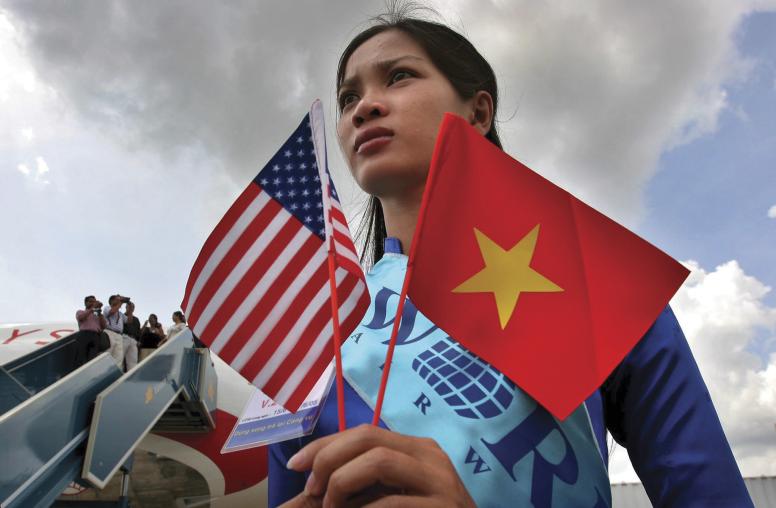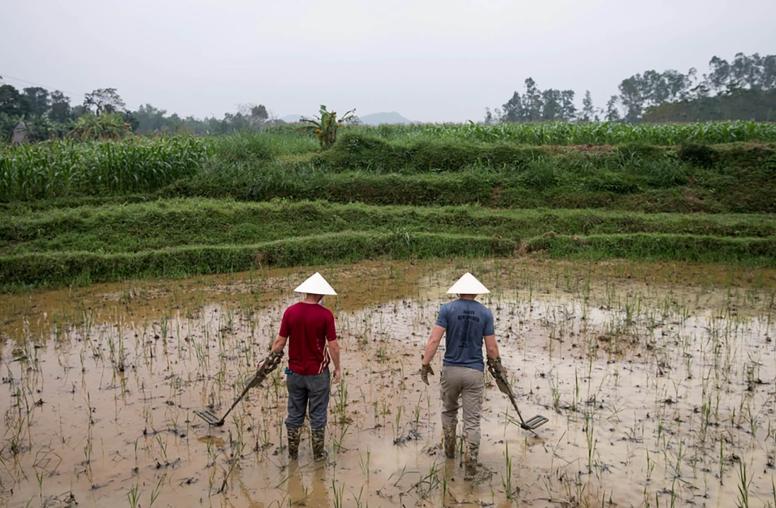How Rituals, Rites and Ceremonies Can Help with Social Healing After Violence
In conflicted-affected contexts, formal justice mechanisms are often limited and difficult to access. Perhaps for this reason, transformation-oriented processes such as rituals, rites of passage and ceremonies have featured prominently among communities recovering from extreme violence or hardship. These processes offer a symbolic and shared experience than can be either formal or informal, sacred or secular, as well as deeply rooted or spontaneous. As such, they wield the power to generate solidarity and may present a more expedient, effective and meaningful alternative for communities attempting to move away from violence.
On October 26, USIP, the RESOLVE Network and the Mershon Center for International Security Studies hosted a conversation on the role of rituals, traditions, and transformational processes in the wake of violence and their ability to transform societal relationships in significant ways. This discussion was part of the seventh annual RESOLVE Global Forum Series.
Convened virtually, the Global Forum Series brought together leading experts and researchers for thought-provoking fireside conversations on evolving trends and dynamics in the violent extremist landscape. For more on the RESOLVE Global Forum Series, follow us on Twitter at @resolvenet, and join the conversation with #RESOLVEForum.
Speakers
Chris Bosley, welcoming remarks
Interim Director, Program on Violent Extremism, U.S. Institute of Peace
John Caulker
Executive Director, Fambul Tok
Oliver Kaplan
Associate Professor in International Relations and Human Rights; Associate Director of Human Trafficking Center, Josef Korbel School of International Students, University of Denver
Lisa Schirch, moderator
Richard G. Starmann Sr. Professor of the Practice of Peace Studies, Keough School of Global Affairs, University of Notre Dame
Dorry Noyes, concluding remarks
Director, Mershon Center for International Security Studies, Ohio State University
Pedro Valenzuela
Professor, Pontificia Universidad Javeriana Colombia



